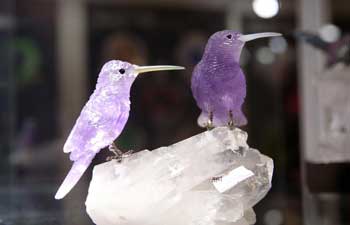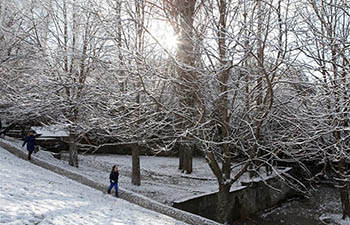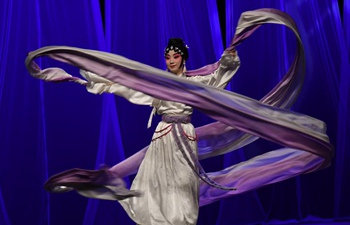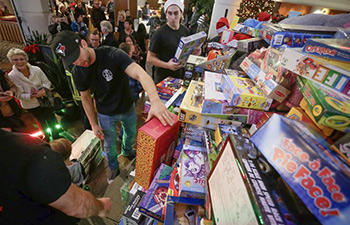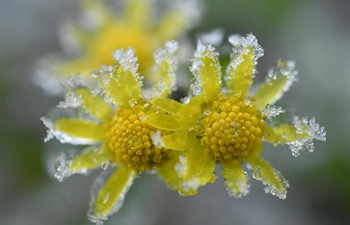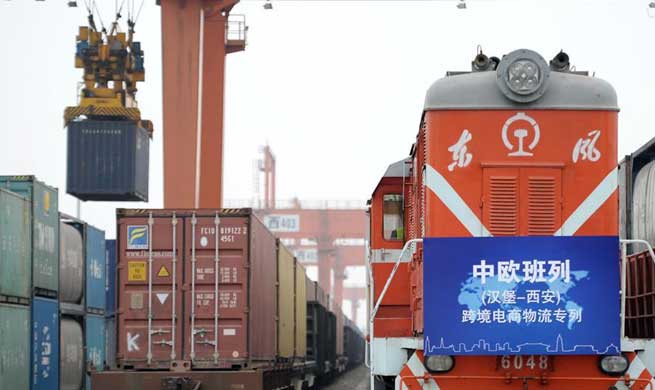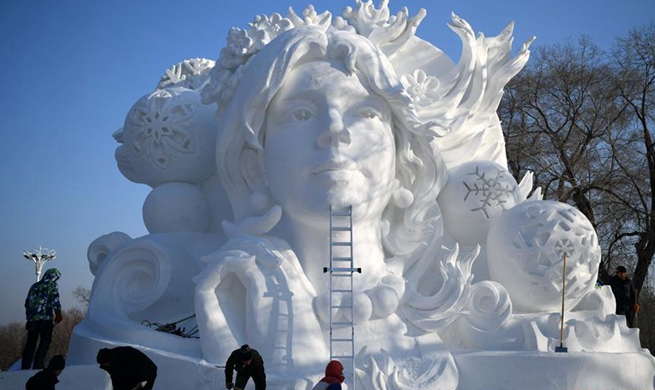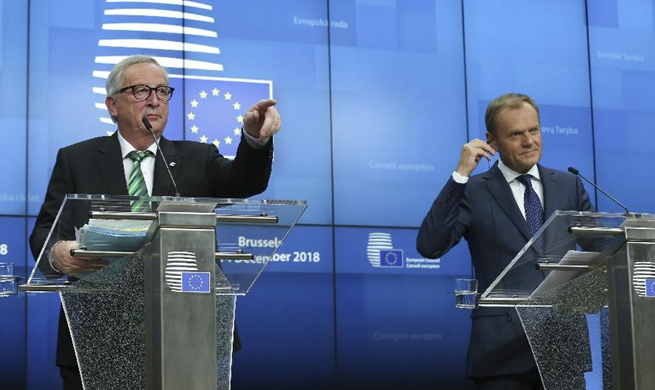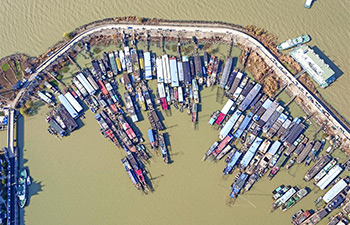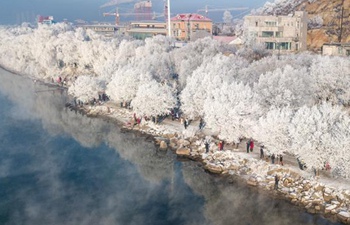MANILA, Dec. 14 (Xinhua) -- Holding ceremonies to commemorate the Nanjing Massacre that happened 81 years ago can send a message of peace, expose the ugly side of war and teach the youth to embrace peace so as not to repeat the tragedy, a Philippine expert said in a recent interview with Xinhua.
Michael Charleston Chua, a history professor at the Philippine De La Salle University, told Xinhua that teaching and learning history like the Nanjing Massacre is vital in making the youth understand the importance of peace.
"Every time we teach and learn history, we cultivate peace. We send the message that we need peace. History tells us that wars waste lives. Communications and dialogues can resolve conflict or differences in opinions," Chua said.
China held a national memorial ceremony on Thursday to mourn the 300,000 victims of the Nanjing Massacre committed by Japanese invaders in 1937.
Chua said that the Philippines also suffered during World War II. "A lot of tragedies happened in the Philippines like Manila Massacre and Bataan Death March."
On Oct. 30, Philippine President Rodrigo Duterte signed a bill into law making Sept. 2 of every year as a non-working holiday in Ifugao province to mark the surrender of the Japanese Imperial Army at the end of World War II.
"Setting up a memorial day, like the National Memorial Day of Nanjing Massacre victims in China and non-working holiday marks the end of World War II in the Philippines, is very important and meaningful," the Philippine historian said.
Chua said that there is still the need to commemorate that part of history to keep the memory alive to the Filipinos and Chinese people about the dark past.
"The meaning of memorial events is to send a message that we should remember what happened and what the aggressors did, so we don't let history repeat itself again in the future," Chua said, adding that remembering the past is not prolonging hatred.
"The reason that why we are trying to remember the tragedies is to learn a lesson from history and to understand what happens in the present better," Chua added.
He lamented that the remaining few survivors of the massacre are dying every year because of old age. "We should collect and study their stories, take videos and keep records. So people can know what happened even some people are denying it," he said.
Chua also expressed concern that the youth in many countries are learning about wars through video games and social media nowadays."It's very dangerous because they will take wars as games," Chua said.
"It's important to teach the young people especially the students to remember the history and what really happened during World War II so that they will keep the culture of peace and anti-war sentiments instead of saying go to wars easily," Chua said.
